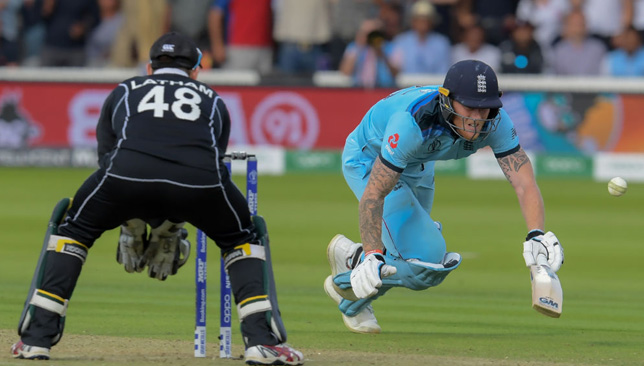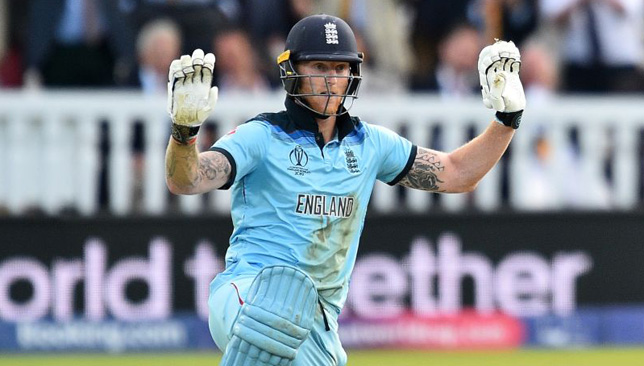
Should one team lose an ODI despite scoring the same number of runs after 102 overs? How are boundaries a bigger differentiator than wickets? Should runs be allowed when no one is claiming it?
The 2019 World Cup final generated so much drama and bizarre incidents, it took the focus away from the high quality of cricket both England and New Zealand played and also threatened to put an asterisk next to England’s legitimate win.
However, what is done is done. Rules were followed – well, almost – and England did what was asked of them to win their maiden 50-over title. New Zealand must be crestfallen right now, but that is the nature of sport.
As is the case whenever we encounter such incredible turn of events – a 50-over World Cup final tied even after a Super Over and the winner decided on boundary count – it becomes important to take stock of the situation and ensure that a more acceptable set of rules are in place when the tournament next comes around in 2023.
While you can never please everyone, here are a few rule changes that should make for a more even playing field.
No additional runs for deflection off batsman

Ben Stokes apologised after the the ball off his bat to the boundary at Lord’s.
Acceptability: Very high
This is one rule every team and player should be on board with. When the throw in the final over of England’s chase in ‘normal time’ deflected off a diving Ben Stokes’ bat and went to the boundary, there was nothing anyone could do. The umpires were forced to signal additional four runs as Stokes or England couldn’t refuse it.
Overthrows happen all the time but deflections off a batsman should not count for additional runs. No one claims those runs anyhow and it’s better to stop awarding them.
The only downside to that is – and this is taking things to the extreme – fielders deliberately targeting the body of a batsman while throwing in order to unsettle or hurt them.
Super Overs to continue until winner decided
Congratulations to England!
— Brett Lee (@BrettLee_58) July 14, 2019
Commiserations New Zealand.
I’ve got to say that it’s a horrible way to decide the winner. This rule has to change.
Acceptability: High
This is the big one. Deciding a world champion on the basis of number of boundaries hit has stirred up a hornet’s nest. Some feel England and New Zealand should have been named joint winners. Others suggest number of wickets taken after a Super Over tie is a more apt differentiator.
We have to have a winner of a World Cup and any form of countback is unfair. It makes sense to keep playing additional Super Overs until a winner is decided. We are unlikely to get a Super Over tie in a World Cup final in our lifetime again. But if it does happen, we should spend the additional time to ensure there is a clear winner.
Super Six/Playoffs after league stage
Acceptability: Medium to low
As I have bemoaned twice before, the format of the 2019 World Cup – just like 1992 – was flawed to begin with; not that the last few ones were perfect. Playing the league phase for more than a month and having a highly inconsistent team – New Zealand in this case – go straight into the final after one win is wrong on many counts.
Hypothetically speaking, in the current format the semi-final loser can have a win/loss record of 9-1 and the title winner a 7-3 or 7-4 record. If knockouts matches have to be given greater importance, then it makes sense to reduce the league phase and have additional matches before the final.
Two groups of five teams each followed by a Super Six stage, semis and then final is one way to go. Or, we can retain the current everyone-plays-everyone league stage and then have an IPL style playoffs – which might not be acceptable to many purists. But it is still considerably more fair than the current format.